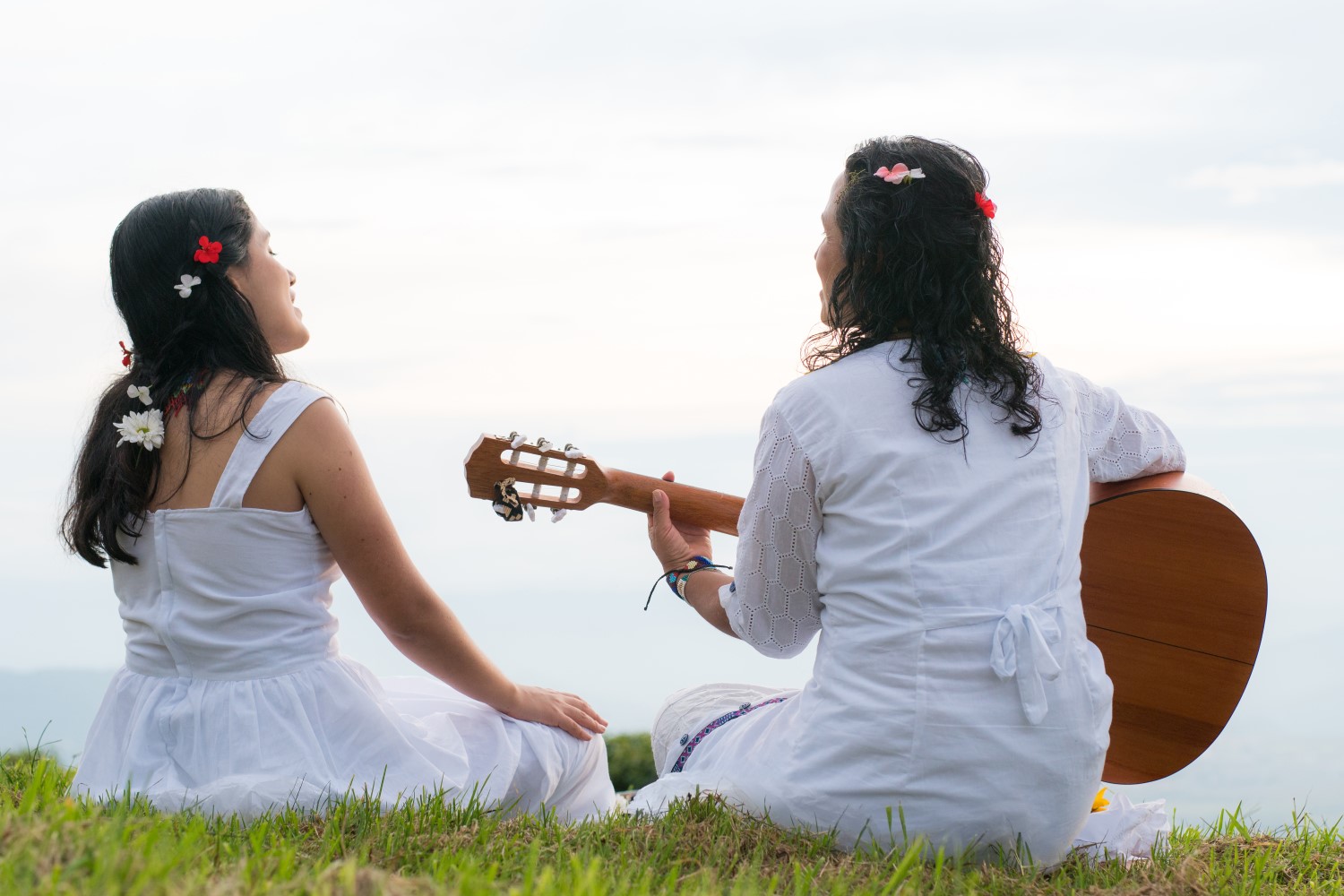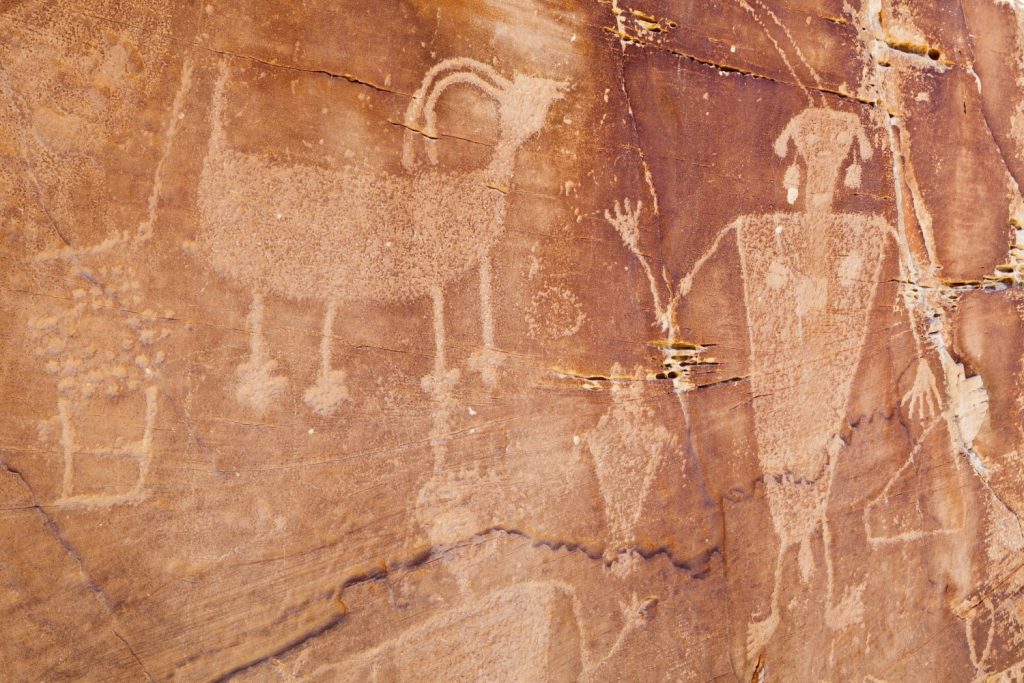
Indigenous People’s Day is a celebration that honors the diverse and vibrant cultures, traditions, and histories of Indigenous peoples around the world. This observance, which occurs on the second Monday in October in the United States, stands as a counterpoint to Columbus Day, recognizing the significant contributions and resilience of Indigenous communities. In this extensive and detailed article, we will delve into the origins of Indigenous People’s Day, explore its significance, and shed light on the cultural richness and ongoing struggles faced by Indigenous peoples.
The Origins of Indigenous People’s Day
Indigenous People’s Day emerged as a response to the Columbus Day celebration, which traditionally commemorated Christopher Columbus’s arrival in the Americas on October 12, 1492. However, the celebration of Columbus Day has been increasingly criticized for its historical inaccuracies and for perpetuating a one-sided narrative of exploration.
Indigenous People’s Day was first proposed in 1977 at the United Nations International Conference on Discrimination against Indigenous Populations in the Americas. Indigenous activists and leaders advocated for a day to recognize the resilience, culture, and contributions of Indigenous communities. Berkeley, California, became the first city to officially adopt Indigenous People’s Day in 1992.
Significance of Indigenous People’s Day
Reclaiming History
Indigenous People’s Day serves as a platform for Indigenous peoples to reclaim their history and challenge the Eurocentric narratives that have marginalized their stories for centuries. It offers an opportunity for the world to acknowledge the suffering and injustices faced by Indigenous communities.
Cultural Celebration
This day celebrates the rich cultural diversity of Indigenous peoples worldwide. It provides a space for sharing traditions, languages, music, art, and cuisine, offering the broader society a chance to appreciate and learn from these vibrant cultures.
Educational Awareness
Indigenous People’s Day fosters awareness and education about the historical and contemporary issues affecting Indigenous communities, including land rights, sovereignty, environmental justice, and cultural preservation. Schools, museums, and community events often play a crucial role in this educational process.
Indigenous Peoples: A Global Tapestry
Diversity of Indigenous Peoples
Indigenous peoples are not a monolithic group but comprise thousands of distinct cultures, languages, and traditions. From the Inuit in the Arctic to the Maasai in Africa, and from the Sami in Scandinavia to the Native American tribes in the Americas, their diversity is staggering.
Traditional Knowledge
Indigenous communities possess a wealth of traditional knowledge about their environments, natural resources, and sustainable practices. This knowledge is invaluable for addressing modern global challenges, such as climate change and biodiversity conservation.
Challenges Faced by Indigenous Peoples
Despite their resilience and cultural richness, Indigenous peoples worldwide continue to face significant challenges, including discrimination, land dispossession, poverty, and the erosion of their languages and cultures. Indigenous activists and organizations are at the forefront of the fight for their rights and dignity.
The Road Ahead: Advocacy and Empowerment
Land and Resource Rights
One of the most pressing issues for Indigenous communities is the recognition and protection of their land and resource rights. Land dispossession and encroachment remain ongoing threats, leading to environmental degradation and loss of traditional ways of life.
Political Empowerment
Many Indigenous communities are engaged in political activism to assert their sovereignty and self-determination. Movements like the Standing Rock protests in the United States and the fight for indigenous rights in countries like Brazil and Canada highlight these ongoing struggles.
Cultural Preservation
Efforts to preserve and revitalize Indigenous languages, arts, and traditions are critical. Language revitalization programs, cultural centers, and educational initiatives play a vital role in this endeavor.
Celebrations and Observances Worldwide
Indigenous Peoples’ Celebrations
Indigenous communities worldwide host a wide range of celebrations and events on Indigenous People’s Day. These gatherings offer a glimpse into the diverse customs, dances, music, and rituals of Indigenous cultures. In the United States, for example, numerous powwows are held to showcase traditional dances and crafts.
Cultural Showcases
Museums, cultural centers, and art galleries often host exhibitions and displays dedicated to Indigenous art, history, and contemporary issues during Indigenous People’s Day. These showcases serve as opportunities for the broader public to appreciate and learn from Indigenous creativity and heritage.
Educational Initiatives
Schools and universities use Indigenous People’s Day as an occasion to incorporate Indigenous perspectives into their curricula. Students learn about Indigenous history, literature, and contemporary issues, fostering a more inclusive and accurate understanding of the world.
Indigenous Contributions to Society
Environmental Stewardship
Indigenous communities have long been stewards of their lands and have developed sustainable practices that protect the environment. Traditional ecological knowledge has contributed valuable insights into sustainable agriculture, conservation, and biodiversity preservation.
Medicine and Healing Practices
Indigenous cultures have a rich tradition of herbal medicine and healing practices. Many modern pharmaceuticals are derived from plants and techniques that were initially used by Indigenous healers.
Arts and Culture
Indigenous art forms, such as pottery, weaving, beadwork, and storytelling, have left an indelible mark on the world’s artistic heritage. Contemporary Indigenous artists continue to influence the art world with their unique perspectives and creativity.
Indigenous Activism and Advocacy
Standing Rock Protests
The Standing Rock protests against the construction of the Dakota Access Pipeline in the United States gained international attention. Indigenous activists and allies camped at the Standing Rock Sioux Reservation, advocating for the protection of water rights and sacred lands. This movement highlighted the ongoing struggle against the violation of Indigenous sovereignty and environmental threats.
Idle No More
The Idle No More movement in Canada raised awareness about Indigenous rights, land claims, and environmental concerns. It featured protests, flash mobs, and social media campaigns, sparking conversations about the rights and well-being of Indigenous communities in Canada.
Amazon Rainforest Guardians
Indigenous communities in the Amazon rainforest have been instrumental in advocating for the protection of this vital ecosystem. They have faced threats from deforestation and illegal mining, leading to Indigenous-led initiatives to safeguard the environment and their way of life.
Indigenous People’s Day serves as a poignant reminder of the deep and multifaceted contributions of Indigenous peoples to our shared global heritage. It is not merely a day of reflection but a call to action. We must collectively work to address the historical injustices that continue to affect Indigenous communities, advocate for their rights and sovereignty, and celebrate the enduring resilience of Indigenous cultures.
As we commemorate Indigenous People’s Day, let us commit to:
- Supporting Indigenous-led initiatives and organizations dedicated to land rights, cultural preservation, and social justice.
- Educating ourselves and others about the rich tapestry of Indigenous cultures, histories, and contemporary challenges.
- Engaging in respectful dialogue and collaboration with Indigenous communities to learn from their traditional knowledge and address pressing global issues, such as climate change and biodiversity loss.
- Amplifying Indigenous voices and stories, ensuring that they are heard and respected on the global stage.
- Acknowledging and rectifying the injustices of the past while working towards a more inclusive and equitable future for all.
Indigenous People’s Day is a momentous occasion to celebrate the diversity, resilience, and contributions of Indigenous peoples. It is also a reminder of our collective responsibility to support Indigenous communities in their ongoing struggles for justice, equality, and cultural preservation. As we honor this day, let us pledge to stand in solidarity with Indigenous peoples and work together to build a more inclusive and equitable world for all.



No Comments